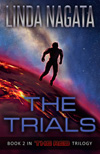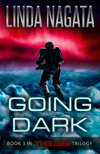Every now and then, I post on fitness. I’m into weight-lifting, although I live far from the gym and don’t get there as often as I’d like. I also run. I used to run on the road, but around fifteen months ago, Ron and I got a treadmill, which we use a lot.
Anyway, I wanted to share my new strategy, in case it’s helpful to anyone else out there interested in middle-age fitness. (I’m fifty-five years old.)
Over the summer and into the fall I was having issues with running. I didn’t visit a doctor, but I’m sure I had plantar fasciitis in my right foot, some achilles tendon problems in the same foot, and an aching left hip. The hip was helped by stretching, but long periods of rest did not seem to help the foot, which was immensely discouraging. Eventually I visited a running store and got shoe insets for high arches. Since then, things have improved a lot. I’m not feeling perfect. I don’t think the aches and pains will ever be entirely gone, but they’re minuscule enough to ignore for now, and I’ve also changed my routine to minimize impact and wear-and-tear on the body.
My new routine calls for a run on the treadmill only once or twice a week, aiming for five miles at a 9:30/mile pace. I’d like to push this out to an hour of running, but that hasn’t happened yet. At any rate, I listen to my body. If I’m hurting more than a little, or if I’m just not feeling it, I’ll stop. Oh, and I keep the treadmill at a very slight incline, hoping to reduce the impact on my feet.
On other days — as many days as I can manage — I raise the treadmill to a fairly steep incline (usually level 10 on my treadmill) and I walk at a fast pace for a full hour. This was surprisingly hard when I first started. I was walking at a 3mph pace, and I’d be fine until forty minutes or so, and then I’d get really tired or really hungry. But I kept at it, and now it’s pretty easy even though I’m walking much faster, covering over 3.4 miles in the same time.
With running and walking both, I always start fairly slowly and gradually add more speed.
I’ve found several advantages to walking fast on an inclined treadmill:
(1) I CAN READ OR LISTEN TO AUDIOBOOKS WHILE WALKING. A whole hour of uninterrupted reading/listening is a huge gain for me, and I can’t do either when I’m jogging.
(2) Walking is much easier on my body, so I can still get an aerobic workout while recovering between running days.**
(3) Walking absolutely helps with my conditioning for running, without all the wear and tear.
So there you go. If you have access to a treadmill, incline walking provides a great respite from running.
If you have any advice for me on how to up my running game or make the aches go away, please let me know.
** An exercise bike would also reduce impact of course, but I don’t like exercise bikes! Also, women my age need load-bearing exercises to stave off osteoporosis.








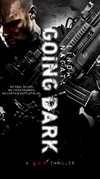
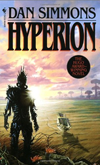 Hyperion and The Fall of Hyperion
Hyperion and The Fall of Hyperion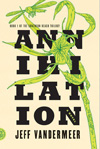 The Southern Reach Trilogy
The Southern Reach Trilogy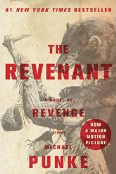 I just finished reading The Revenant, the 2002 novel by Michael Punke which inspired the 2015 movie of the same name. One reviewer described the novel as “plainspoken” and I found this to be true. The style of writing struck me as old fashioned, in that it felt like books written in the fifties and sixties that I’d read as a child. It reads more like a biography than a novel, and a few chapters in I paused to check that it actually was a novel. The narrative voice is omniscient, moving from the head of one character to another without hesitation or transition, and several times moving from one time and place to another without so much as a helpful blank line to cue the reader.
I just finished reading The Revenant, the 2002 novel by Michael Punke which inspired the 2015 movie of the same name. One reviewer described the novel as “plainspoken” and I found this to be true. The style of writing struck me as old fashioned, in that it felt like books written in the fifties and sixties that I’d read as a child. It reads more like a biography than a novel, and a few chapters in I paused to check that it actually was a novel. The narrative voice is omniscient, moving from the head of one character to another without hesitation or transition, and several times moving from one time and place to another without so much as a helpful blank line to cue the reader. 